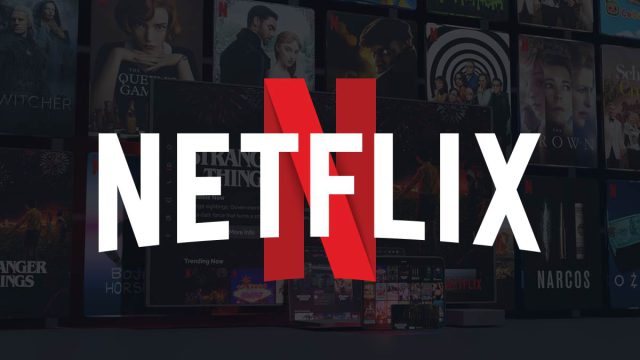Netflix, the streaming video pioneer, faced a setback as its second-quarter revenue fell short of analyst estimates, causing its shares to plummet by nearly 9% in after-hours trading.
Despite adding 5.9 million new streaming customers and exceeding earnings predictions, the weak revenue outlook for the third quarter overshadowed the positive news. The company is grappling with intensifying streaming competition and approaching market saturation in the United States.
To counter these challenges, Netflix introduced a cheaper ad-supported tier and initiated a widespread crackdown on password sharing. The company expressed optimism about accelerating revenue growth in the second half of the year, emphasizing its commitment to creating compelling content, enhancing monetization, boosting the video game business, and improving user experience.
However, some shareholders may have been overly optimistic about Netflix’s advertising tier and the impact of the password crackdown.
Although the subscriber additions surpassed Wall Street’s expectations, average revenue per member dropped 3% due to lower prices in some countries. Netflix’s advertising tier remains a relatively small part of its membership base, and current ad revenue is not a significant contributor to overall earnings.
Netflix’s stock faced selling pressure after the results, with some investors taking profits. Despite the challenges posed by strikes in the entertainment industry, Netflix remains competitive due to its advantage in global production capabilities. The company revised its 2023 free cash flow estimate to $5 billion, attributing the increase in part to reduced content spending during production shutdowns. Netflix co-CEO Ted Sarandos expressed hope for the swift resolution of labor tensions caused by the strikes, emphasizing that the company did not desire this outcome.

















